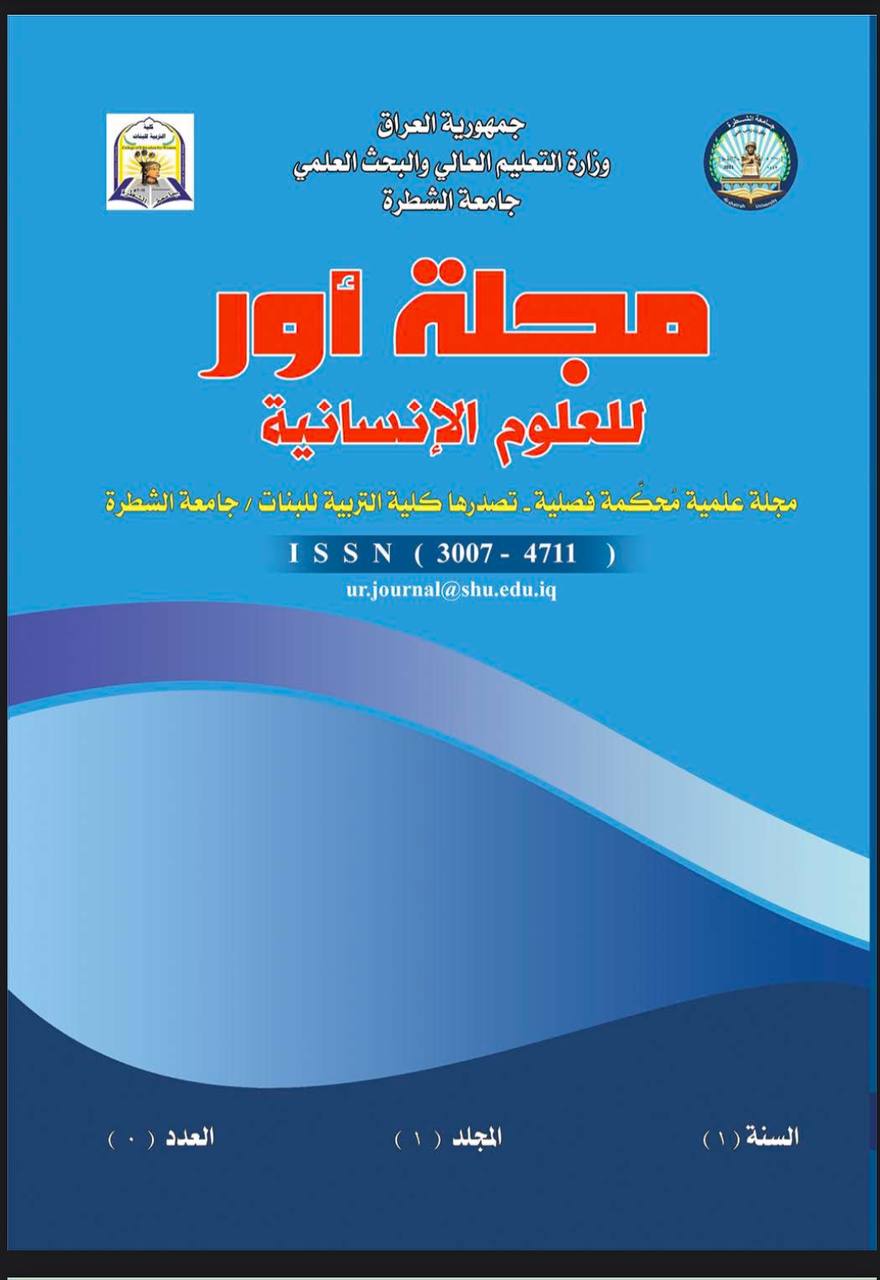Abstract
Praise be to God, Lord of the Worlds, and prayers and peace be upon the most honorable of creation and messengers, Abu Al-Qasim Muhammad, and upon his good family and honorable companions.
We believe that the Islamic religion is a religion that is valid for all times and places, and that it is inclusive of all aspects of life, some of which is theoretical and some of which is practical, that is, at the level of belief and jurisprudence, and the practical aspect represented by jurisprudence includes all of ethics, society, economics, and others that are related to the integrity and righteousness of the Muslim, and indeed the human being in general. In order for this religion to continue and be a religion that keeps pace with the life of the individual and society, its provisions must meet the reality that changes with changing circumstances and times, and so that it does not contradict the universality of Islam and its copy of the laws; We exonerate the jurists to meet that need and fill that void, through the capacity existing in the religion to devise legal rulings in accordance with achieving interests and warding off evil. This rule is the basis for legislating rulings, as it is a fertile source for new incidents in the succession of times and different circumstances, as it reveals reality. Most likely, if the new ruling that is intended to be legislated achieves an interest, or wards off harm, then it is a valid legal ruling, and adopting these sources in most general terms achieves this principle for which it was legislated, and accordingly it occurred to me to study these secondary or accessory sources in accordance with the four schools of thought ( Al-Shafi’i, Hanafi, Hanbali, and Maliki) As for calling it secondary, it comes after the rank of the Holy Qur’an and the Sunnah of the Prophet. I proceed to review them successively according to the research methodology.
We believe that the Islamic religion is a religion that is valid for all times and places, and that it is inclusive of all aspects of life, some of which is theoretical and some of which is practical, that is, at the level of belief and jurisprudence, and the practical aspect represented by jurisprudence includes all of ethics, society, economics, and others that are related to the integrity and righteousness of the Muslim, and indeed the human being in general. In order for this religion to continue and be a religion that keeps pace with the life of the individual and society, its provisions must meet the reality that changes with changing circumstances and times, and so that it does not contradict the universality of Islam and its copy of the laws; We exonerate the jurists to meet that need and fill that void, through the capacity existing in the religion to devise legal rulings in accordance with achieving interests and warding off evil. This rule is the basis for legislating rulings, as it is a fertile source for new incidents in the succession of times and different circumstances, as it reveals reality. Most likely, if the new ruling that is intended to be legislated achieves an interest, or wards off harm, then it is a valid legal ruling, and adopting these sources in most general terms achieves this principle for which it was legislated, and accordingly it occurred to me to study these secondary or accessory sources in accordance with the four schools of thought ( Al-Shafi’i, Hanafi, Hanbali, and Maliki) As for calling it secondary, it comes after the rank of the Holy Qur’an and the Sunnah of the Prophet. I proceed to review them successively according to the research methodology.
Keywords
Four
Legislation
Rulings
Schools
Thought
Abstract
نعتقد بأنّ الدين الإسلامي ديناً صالحاً لكل زمان ومكان، وهو شامل لجميع مناحي الحياة، منه نظري ومنه ما هو عملي أي على مستوى العقيدة والفقه، والجانب العملي المتمثل في الفقه يشمل كل من الاخلاق والاجتماع والاقتصاد وغيرها مما له صلة بقوامة وصلاح المسلم بل الانسان على الاطلاق، ولكي يستمر هذا الدين ويكون دينا مواكبا لحياة الفرد والمجتمع لابدّ لأحكامه ان تلبي الواقع الذي يتغيّر بتغير الظروف والازمان وحتى لا ينافي عالمية الاسلام ونسخه للشرائع؛ فنبرئ الفقهاء لتلبية تلك الحاجة وسد ذلك الفراغ وذلك من خلال السعة الموجودة في الدين من استنباط الاحكام الشرعية وفقا لتحقيق المصالح ودرء المفاسد، وهذه القاعدة هي الاساس في تشريع الاحكام فهي مصدر خصب في ما يستجد من حوادث في تعاقب الازمان واختلاف الظروف إذ انها تكشف عن الواقع، غالبية الظن، فإذا كان الحكم الجديد الذّي يراد تشريعه يحقق مصلحة، أو يدرأ مفسدة فهو حكم شرعي صحيح، والأخذ بهذه المصادر في الأعم الأغلب يحقق هذا المبدأ الذّي شرع من أجله، وعليه وقع نظري بأن ادرس هذه المصادر الثانوية أو التبعية وفقا للمذاهب الاربعة (الشافعي والحنفي والحنبلي والمالكي) اما تسميتها بالثانوية فهي تأتي بعد رتبة القران الكريم والسنة النبوية. واشرع في استعراضها تباعا وفقا لمنهجية البحث.
Keywords
الاحكام
الاربعة
التشريع
الفكر
المذاهب
